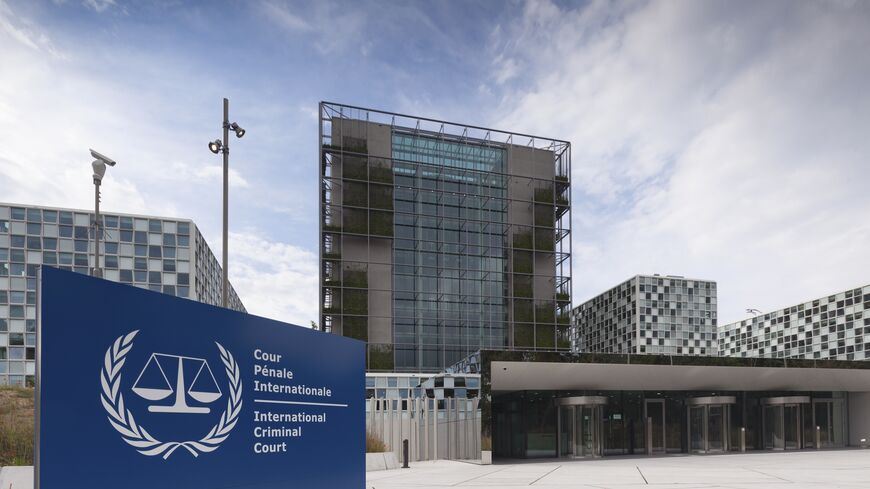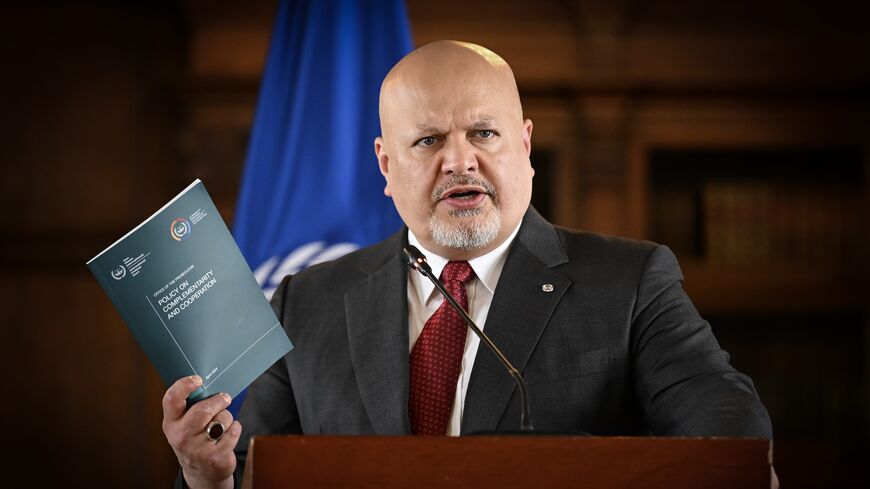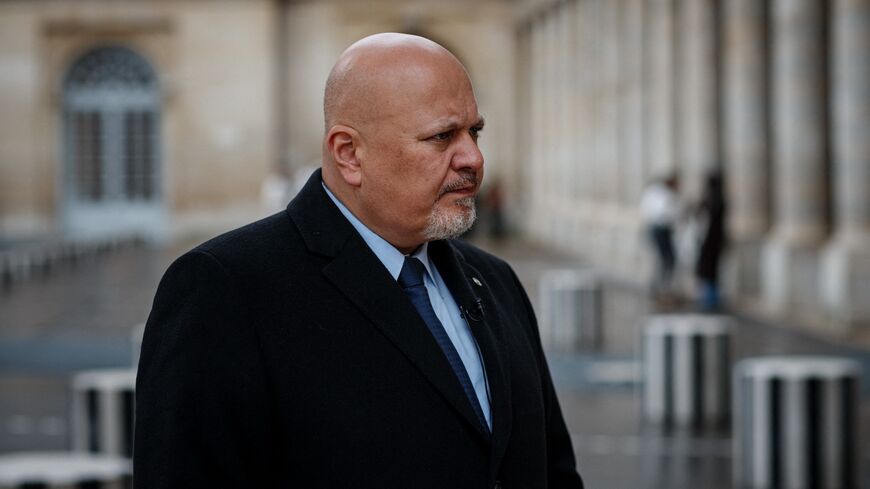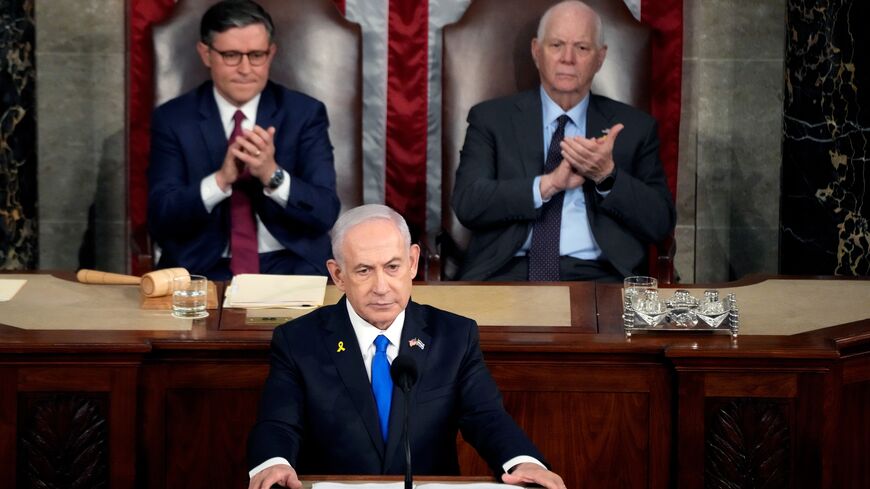Blinken hints at sanctions over ICC push for Israel arrest warrants
Congressional Republicans are calling for US sanctions after the International Criminal Court's chief prosecutor accused both Israel and Hamas of committing war crimes.

WASHINGTON — Secretary of State Antony Blinken told US lawmakers Tuesday he would work with them to “find an appropriate response,” including possible sanctions, after the chief prosecutor for the International Criminal Court requested arrest warrants for senior Israeli leaders.
“I welcome working with you on that,” Blinken said when asked by Sen. Lindsey Graham (R-S.C.) about whether he would support a bipartisan push for sanctions on the international court.
Blinken testified before two Senate committees a day after ICC prosecutor Karim Khan announced that he is seeking arrest warrants for Israeli Prime Minister Benjamin Netanyahu and his defense minister, Yoav Gallant, over alleged war crimes and crimes against humanity since October. Khan also requested warrants for Hamas leaders Yahya Sinwar, Ismail Haniyeh and Muhammad Deif.
The inclusion of Israeli officials drew immediate condemnation from the White House, with President Joe Biden saying it was “outrageous” of the prosecutor to imply an equivalence between Israel and the Palestinian militant group.
The announcement also prompted calls from congressional Republicans to revive Trump-era sanctions on members of the Hague-based tribunal.
Sen. Jim Risch (R-Idaho), the Foreign Relations Committee’s top Republican, asked Blinken whether he would back legislation to prevent “the ICC sticking its nose in the business of countries that have an independent, legitimate democratic judicial system.”
“We want to work with you on a bipartisan basis to find an appropriate response,” Blinken said.
'A profoundly wrongheaded decision'
The former Trump administration imposed sanctions on ICC officials in 2020 over the court’s investigation into alleged US war crimes in Afghanistan. The Biden administration lifted those sanctions after taking office in 2021 "to protect our service members who served in Afghanistan,” Blinken said.
“But given the events of yesterday, I think we have to look at the appropriate steps to take to deal with again what is a profoundly wrongheaded decision,” he added.
House Speaker Mike Johnson (R-La.) said Congress would review sanctions as a possible response. Legislation introduced earlier this month by Reps. Chip Roy (R-Texas) and Brian Mast (R-Fla.) would sanction ICC officials who investigate the United States or its allies.
Neither the United States nor Israel is party to the Rome Statute, the international treaty that established the ICC. Netanyahu called the ICC’s move a “travesty of justice.”
Should a three-judge panel approve the request for warrants, it would limit the ability of Netanyahu and Gallant to travel to the more than 120 countries under the ICC’s jurisdiction. Those countries would be obligated to arrest the Israeli officials and turn them over to the court.
During his testimony Tuesday, Blinken warned that the “extremely wrongheaded” move by the ICC prosecutor could set back efforts to reach a cease-fire deal between Israel and Hamas.
“The shameful equivalence implied between Hamas and the leadership of Israel, I think, only complicates the prospects for getting such an agreement,” Blinken said.
The Biden administration has backed efforts by Qatar and Egypt to secure a pause in the fighting that would see the release of at least some of the more than 100 hostages still held by the militants. Although indirect talks between Israel and Hamas broke down earlier this month, Blinken told the committee that a deal remained a “possibility.”
The top US diplomat’s opening remarks before the Senate committee were repeatedly interrupted by anti-war protesters shouting “war criminal” and “butcher of Gaza.”
His appearance on Capitol Hill came as the Health Ministry in the Hamas-run Palestinian enclave announced Tuesday that more than 35,600 Palestinians have been killed in the seven-month Israeli military offensive. The figure does not distinguish between civilians and combatants but consists mostly of women and children, according to local health officials.






